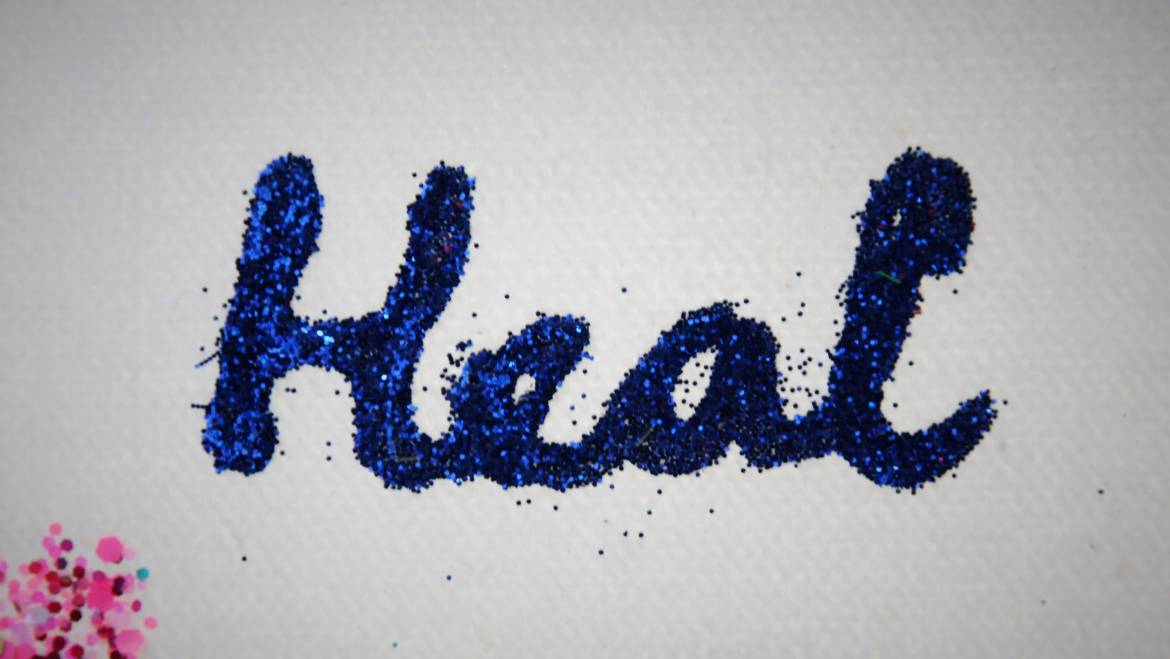PTSD can occur after a traumatic event. Complex PTSD can occur after multiple complicated trauma, such as repeated childhood sexual, physical, emotional or verbal abuse. Complex PTSD can also occur because of emotional deprivation from caregivers, which often many people don’t feel is worthy of creating such a condition and is linked to much guilt and ways of thinking “but I wasn’t hit..or abused..” Both conditions are debilitating with a multitude of symptoms ranging from sleep disturbances and nightmares, high level anxiety, social isolation, relationship and trust issues, intense invasive flashbacks or times of dissociation/numbness as your brain can’t deal with the pain of facing everything.
Therapy can help you identify what is going on for you, educate you to be better armed to protect yourself by understanding your internal and external triggers and flashback management. We would work together to carefully dissect the past, whilst keeping you safe. Its possible to prevent the occurance of flashbacks and intrusive memories, provide coping mechanisms and techniques to self-care, remove the guilt and shame that survivors often carry, address suicidal issues and help you build a trust that may have never been there before. Fully processing these two conditions is very important – talking doesn’t cut it – it has to be done in a way that allows your brain to file the memories into the long term memory, where they belong.
Trauma therapy is different to many talking therapies due to my area of specialism. With complex trauma and PTSD, it’s so very important to be thorough. I have to keep you safe and ensure that you’re ready to work on your trauma memories, that you have enough emotional regulation skills and tools to be able to cope outside of sessions. We may use a cranial electrotherapy stimulation (CES) device, proven to reduce anxiety, depression, pain and insomnia.
Stage 1 begins with a full assessment, history and trauma interviews, diagnostic tools checking levels of depression, anxiety, PTSD and other mental health conditions. The creation of a lifeline, looking at positive and negative events in your life, which means that from the very beginning we know exactly what we’re working with and all of the events in your life that will have led you to this point. We begin with psychoeducation, which continues throughout our therapy to help you to understand and normalise how your trauma has impacted you, so that you’re not afraid of the physical and mental effects, which can reduce feelings of guilt and shame associated with the feeling that ‘something is wrong with me’.
Stage 2 consists of safety and stabilisation processes. These are used to reduce flashbacks, phobia effects and the visual and physical impact of memories. You will learn grounding tools, visulation techniques, meditations, breathing techniques, containment and safety strategies.
Stage 3 will consist of emotional regulation work. PTSD creates emotional instability and we need you to be able to cope with the depth of processing your trauma, outside of our sessions. The STAIRS protocol is the platform to create that stability, looking at emotions, behaviour, thinking patterns, how you interpret events, ways you may be avoidinig your emotions such as avoidance patterns, addictive behaviour – even keeping yourself too busy with no time to think. We explore boundaries, relationship patterns, schema’s and core beliefs, assertiveness. There will be homework each week – everything you do outside of the session means that habits are embedding in your neural pathways – the more work you do outside of sessions, the less sessions it will cost you, saving you £1s!
During Stage 4 we will begin processing trauma memories and create an appropriate treatment plan, depending on what type would be best for each trauma. These consist of a range of evidence-based trauma therapy treatments:
Narrative Exposure Therapy (NET)
Imagery Rescripting Reprocessing Therapy (IRRT)
Prolonged Exposure Therapt (PET)
Cognitive Processing Therapy (CPT)
Exposure, Relaxation & Rescripting Therapy (ERRT) for Post-Trauma Nightmares
I can support you should you need official diagnosis with conditions, writing referral letters to your psychologist/psychiatrist and work with multi-disciplinary teams such as the Community Mental Health Team, CAMHS, support or social workers.
Therapy is also a precious, cosy space just for you. A safe haven where you can drop your guard and be your true self. You can also be heard and accepted no matter what you bring.
Therapy and facing your past isn’t easy and i’m not going to pretend otherwise, but it is worth it. Imagine living life without the symptoms you battle with. We can thoroughly support your healing journey and you can grow, change and end therapy feeling empowered, peaceful and strong.
If you have been brutally broken and you still find it in your heart to be kind then you deserve all of the love in the ocean


